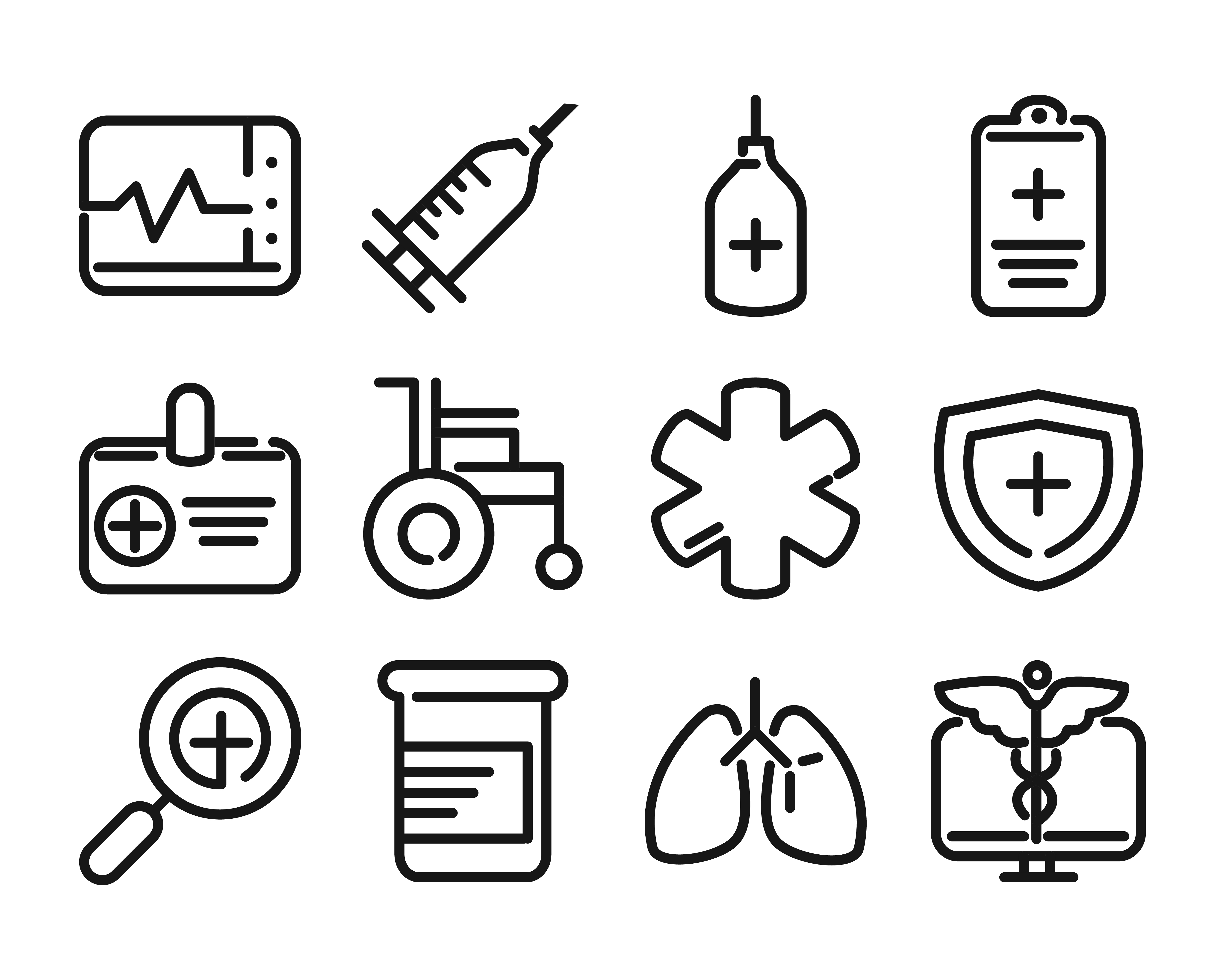Little Known Questions About Health Affairs: Leading Publication Of Health Policy Research.

The Best Guide To Pennie
This care is typically discovered in a hospital emergency situation department. Secondary care also includes skilled attendance throughout childbirth, intensive care, and medical imaging services. This Is Cool " is sometimes utilized synonymously with "healthcare facility care". Nevertheless, lots of secondary care suppliers, such as psychiatrists, medical psychologists, physical therapists, many oral specialties or physio therapists, do not necessarily operate in hospitals.

Health Care and Nursing
Depending on the organization and policies of the national health system, clients might be needed to see a medical care company for a referral prior to they can access secondary care. In nations that operate under a blended market health care system, some physicians restrict their practice to secondary care by requiring patients to see a medical care provider initially.
In other cases, medical experts might see patients without a referral, and patients may choose whether self-referral is preferred. In other nations patient self-referral to a medical professional for secondary care is unusual as prior referral from another doctor (either a main care physician or another specialist) is thought about essential, regardless of whether the financing is from private insurance coverage schemes or national medical insurance.

Eczema and Health Insurance - Help with Eczema Prescription Costs
The Basic Principles Of Health Care - Center for American Progress
Tertiary care [edit] Tertiary care is specialized consultative health care, typically for inpatients and on referral from a main or secondary health expert, in a center that has personnel and facilities for innovative medical investigation and treatment, such as a tertiary referral medical facility. Examples of tertiary care services are cancer management, neurosurgery, heart surgery, cosmetic surgery, treatment for serious burns, advanced neonatology services, palliative, and other complicated medical and surgical interventions.
Experimental medicine and some types of uncommon diagnostic or surgical procedures are considered quaternary care. These services are generally just used in a limited number of local or nationwide health care centers. House and community care [modify] Numerous types of healthcare interventions are provided outside of health centers. They include lots of interventions of public health interest, such as food security monitoring, circulation of prophylactics and needle-exchange programs for the avoidance of transmissible illness.

Community rehab services can help with mobility and self-reliance after the loss of limbs or loss of function. This can include prostheses, orthotics, or wheelchairs. Numerous countries, especially in the west, are handling aging populations, so one of the priorities of the health care system is to assist senior citizens live full, independent lives in the comfort of their own houses.
